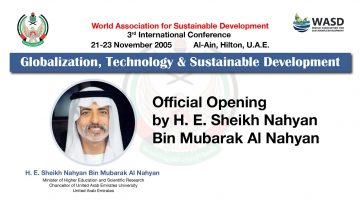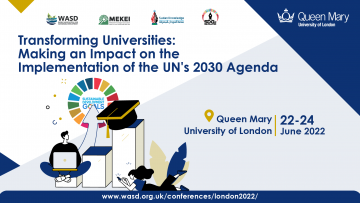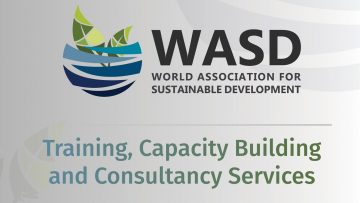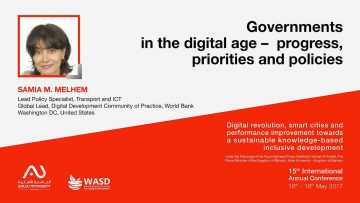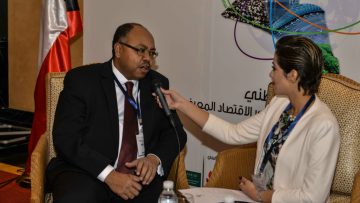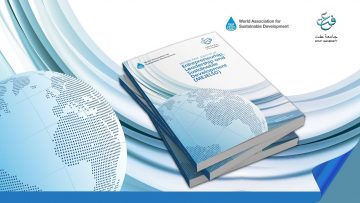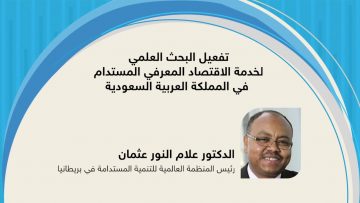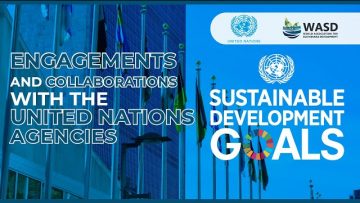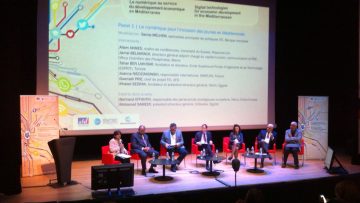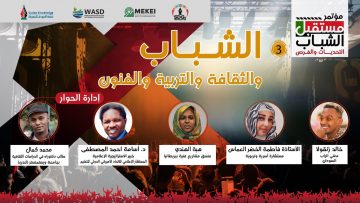(09) Do subsidies increase the poor’s access to food? A case of information failure in Egypt, Randa Hamza and Shadwa Zaher
Randa Hamza
The American University in Cairo (AUC)
Egypt
Shadwa Zaher
The British University in Egypt (BUE)
Egypt
DOI: 10.47556/J.IJIKMMENA.1.2.2012.4
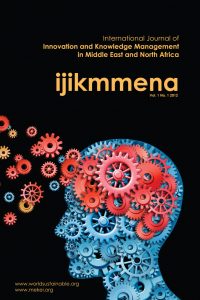 Purpose: The purpose of this paper is to investigate the Egyptian government’s subsidisation policies in the wheat sector. The paper argues that it is essential to develop knowledge- and data-management tools to better understand the market and create informed decisions. It examines the different policies that will secure the sector from future shocks through information-management tools. The paper also demonstrates how these tools improve national policies and enhance the self-sufficiency and accessibility of the poor.
Purpose: The purpose of this paper is to investigate the Egyptian government’s subsidisation policies in the wheat sector. The paper argues that it is essential to develop knowledge- and data-management tools to better understand the market and create informed decisions. It examines the different policies that will secure the sector from future shocks through information-management tools. The paper also demonstrates how these tools improve national policies and enhance the self-sufficiency and accessibility of the poor.
Design/methodology/approach: The paper uses descriptive analysis to show production and consumption trends as well as the effects of wheat subsidies from 2005 to 2010.
Findings: The analysis concludes that subsidies should be maintained by only targeting the poor through a better utilisation of knowledge and information to prevent any leakage. In addition, policies that increase rural farmers’ local production and competitiveness need to be introduced to avoid any kind of future supply shocks.
Research limitations/implications: The limitation is the absence of enough data during the period between 2009 and 2012. Methods of estimation were used to avoid this problem.
Originality/Value: Many scholars have researched policy reforms in the wheat sector but few have addressed the major deficiency in information management that negatively affects any attempt to restructure the sector. The results lead to the conclusion that subsidies need to be shifted to wheat inputs.
Keywords: Wheat, Egypt, Policy Distortions, Information, Food Access, Food Security, Subsidies and Knowledge Management.





